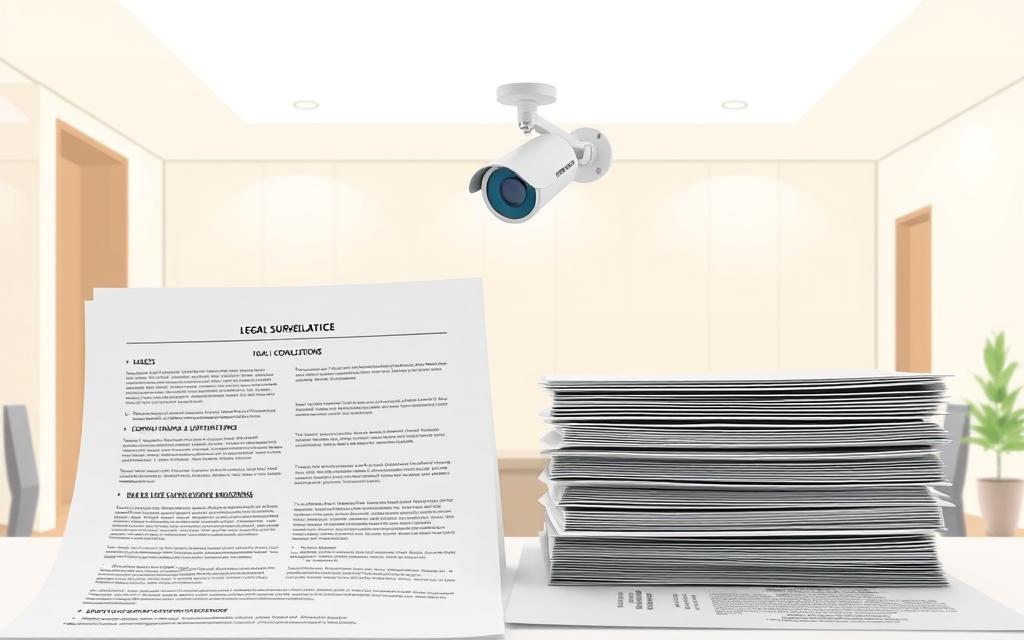When suspicions arise about a partner’s behavior, many people wonder how to gather information discreetly. While professionals like private investigators have long handled these situations, modern tools now let individuals explore facts independently.
Traditional methods such as physical surveillance or tracking activity patterns remain effective. However, digital advancements like social media checks or location monitoring offer new ways to spot inconsistencies. These approaches mirror techniques used by investigators but require careful execution.
Balancing ethics with curiosity is crucial. Roughly 34% of divorce cases involve digital evidence, according to recent family law studies. Photographic proof and deleted message recovery tools have changed how people address doubts about their partner.
This guide will show you how to:
- Identify red flags in daily routines
- Use technology responsibly
- Interpret findings without confrontation
You’ll learn practical strategies for recognizing hidden patterns while maintaining respect for everyone involved. Let’s explore how observation and smart tools can bring clarity to complex relationship questions.
Understanding the Landscape of Affair Detection Without Private Investigators
Gone are the days when confirming doubts required hiring expensive professionals. Today, people increasingly rely on accessible tools and observation skills to address relationship concerns. This shift avoids the high costs and privacy concerns tied to traditional methods while offering immediate clarity.

Why Bypass Traditional Private Investigators?
Hiring experts often involves legal gray areas and invasive tactics. Many prefer self-guided approaches using discreet tools like activity trackers or social media checks. These methods reduce reliance on third parties while respecting personal boundaries.
Identifying Red Flags and Suspicious Behaviors
Watch for sudden routine changes, like unexplained absences or frequent visits to different locations. A partner guarding their phone or deleting messages could signal hidden activities. Repeated sightings of their car in unfamiliar areas might also hint at secrecy.
Tools like GPS tracking help map movements without physical tailing. Social media analysis can reveal interactions that don’t align with their stories. Always balance curiosity with respect for privacy laws to avoid legal risks.
Effective Techniques and Tools for Detecting Affairs Without Private Investigators
Modern relationship concerns often call for discreet solutions that blend traditional methods with tech-savvy approaches. Whether you’re noticing odd habits or unexplained gaps in schedules, combining observation with digital tools can reveal patterns worth exploring.

Surveillance Methods: From Physical Observation to Digital Forensics
Simple tactics like noting unusual activity times or repeated visits to specific locations remain foundational. For example, a partner’s car appearing in unexpected areas could warrant closer attention. Tech tools like GPS trackers or dashcams offer real-time data without direct confrontation.
Digital forensics takes this further. Apps that recover deleted texts or analyze social media interactions help piece together timelines. Always verify legality—recording devices in shared spaces like a family home may be permissible, but hidden cameras in private areas often cross ethical lines.
Leveraging Social Media and GPS Tracking
Platforms like Instagram or Facebook often hold clues. Check for:
- Tagged locations that don’t match stated plans
- New followers with suspicious profiles
- Deleted posts recovered through archive tools
GPS data from shared devices or vehicle trackers can map routes. Compare this information with their stated whereabouts to spot inconsistencies.
Gathering and Documenting Evidence Ethically
Focus on methods that respect privacy laws. Screenshot messages instead of forwarding them, and timestamp photos for accuracy. In one case, a user documented repeated late-night phone activity through call logs, which helped clarify doubts without breaching trust.
Remember: evidence should be clear, dated, and obtained legally. Consult local regulations before using any monitoring tools to avoid legal risks.
Ethical and Legal Insights for Detecting Affairs Without Private Investigators
Navigating relationship doubts requires more than curiosity—it demands awareness of legal frameworks. Even well-intentioned efforts to uncover truth can cross lines if done improperly. Knowing where personal inquiry ends and intrusion begins protects everyone involved.

Understanding Legal Boundaries and Privacy Laws
In the U.S., recording conversations or tracking a vehicle without consent violates laws in many states. For example, placing a GPS on a partner’s car could lead to criminal charges unless you co-own the vehicle. Private investigators follow strict protocols, like obtaining evidence only from public spaces or shared devices.
Recent cases show penalties for overstepping. A 2023 California lawsuit fined someone $10,000 for using spyware on a spouse’s phone. Always research local rules before monitoring social media or activities.
Balancing Vigilance with Ethical Considerations
Ethical methods focus on observable patterns rather than secretive tactics. Reviewing bank statements or noting locations visited together stays within bounds. Contrast this with hacking accounts—a clear breach of trust and law.
If doubts persist, consider hiring a licensed professional. They know how to gather evidence lawfully, like using public records or authorized surveillance tools. Your peace of mind shouldn’t come at the cost of someone’s rights.
When in doubt, ask: “Would I feel comfortable explaining this method in court?” If not, consult an attorney before proceeding.
Conclusion
Addressing relationship uncertainties requires a mix of awareness and caution. Modern tools like GPS checks on shared vehicles or analyzing social media patterns offer practical ways to spot inconsistencies. These methods mirror what private investigators use but put control in your hands.
Always prioritize ethical practices. Document timestamps for unusual surveillance findings and avoid invasive tactics. Remember: 34% of divorce cases involve digital proof, so proper evidence collection matters. If doubts persist, consider reaching out to licensed investigators trained to handle sensitive situations legally.
While self-guided approaches work for many, complex cases may need expert help. Trust your instincts but stay within legal boundaries. For tailored guidance, contact today to explore solutions that protect both your peace of mind and rights.
